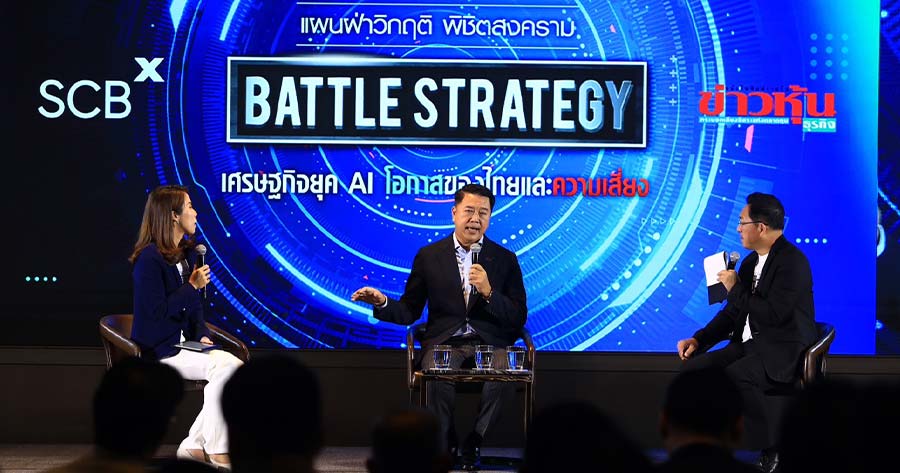Artificial Intelligence (AI) is increasingly becoming a transformative force in shaping the global economy and stock markets, driving efficiency, innovation, and disruption across various sectors. As AI technology advances, its impact is felt in multiple dimensions, including automation, data analysis, and decision-making processes, all of which contribute to reshaping economic landscapes and financial ecosystems.
AI’s role in data analysis cannot be overstated, especially in the context of the stock markets. Advanced algorithms and machine learning models enable the processing and analysis of vast amounts of data at unprecedented speeds. High-frequency trading, powered by AI, allows for rapid execution of trades, often capitalizing on minute price disparities across stock exchanges, thus increasing liquidity and efficiency in the markets.
However, the integration of AI into the global economy and stock markets is not without challenges. Concerns about data privacy, ethical considerations, and the potential for job displacement due to automation present significant hurdles. Additionally, the reliance on AI in trading raises the risk of algorithmic errors and market manipulation, necessitating robust regulatory frameworks to govern AI applications in finance.
In conclusion, AI is reshaping the global economy and stock markets by enhancing efficiency, driving innovation, and opening up new opportunities for growth and investment. As AI technology continues to evolve, its influence will likely increase, necessitating thoughtful consideration of its impacts and the development of strategies to address the challenges it presents. By embracing and integrating AI responsibly, the global economy can harness its potential while ensuring equitable and sustainable growth.
SCB Public Company Limited (SET: SCB) has restructured itself into a holding company in 2021 under SCBX to enhance its capabilities across banking, consumer, digital finance, and technology sectors.
During the ‘Battle Strategy’ conference organized by ‘Kaohoon‘ on October 25, 2024, Arthid Nanthawithaya, the CEO of SCBX, announced the company’s transition to an AI-First Organization, integrating AI technology into the daily operations of all its business units. Nanthawithaya aims for AI technology to drive 75% of the group’s revenue by 2027.
In response to the evolving role of AI in daily life, SCB is instituting training sessions for its 20,000 employees to familiarize them with AI, with incentives offered for high performance in these sessions. This initiative is designed to encourage SCB employees to embrace AI technology, thereby safeguarding their job roles.
SCB has allocated tens of billions of baht for operational expenses, of which 60% will be channelled towards technology enhancements. Furthermore, 10% of this technology budget will be dedicated to AI development and implementation.
Nanthawithaya expressed concerns about Thailand’s competitiveness in global markets, emphasizing the importance of cost efficiency as a means to enhance the company’s competitiveness. Presently, the cost-to-income ratio for the group stands at 37%, with the commercial bank segment exceeding 40%. While competitive relative to other Thai banks, this ratio is considerably high compared to virtual banks averaging in the mid-20s. Nanthawithaya aims to reduce the cost-to-income ratio in the commercial bank segment to 25% in the near term.
In concluding his address, the CEO urged a shift from focusing on “what” to emphasizing “how,” highlighting the potential for increased opportunities and innovation once businesses actively engage with AI technologies.





